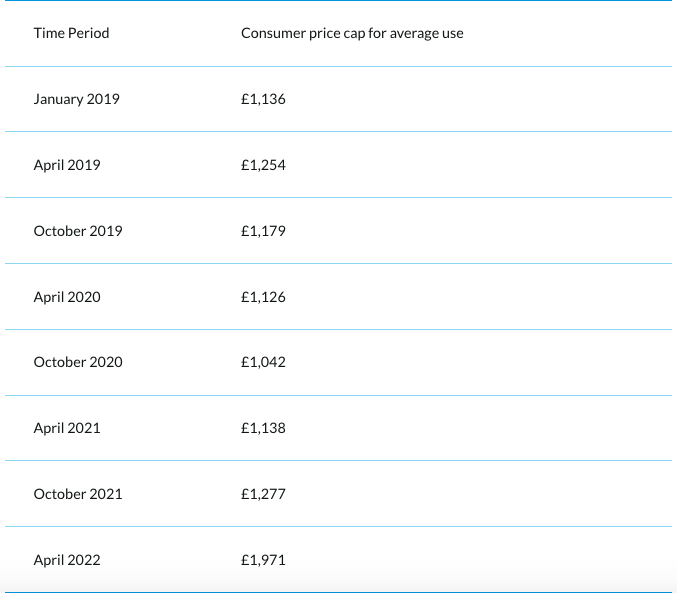EON chief hammers government for failing to protect households

The boss of the UK’s second biggest energy supplier has blasted the government’s energy security strategy for failing to include plans to protect the country’s poorest households, and for not putting enough emphasis on energy efficiency.
Michael Lewis, chief executive of EON UK, said the energy security strategy needed to “set a course for zero carbon future” and “protect customers from the savage increases” in energy bills.
He argued: “We got neither.”
The government’s energy strategy includes a ramp-up in renewables and nuclear power, however targets for bolstering insulation are devoid of detail and funding while there have been no announcements concerning the need to reduce energy demand.
Lewis said: “We all know energy bills could rise sharply again ahead of winter. The energy security strategy was a chance to help people prepare and ensure they pay less should the worst happen but there is little in today’s announcement that will deliver a solution this decade, let alone this year.”

He described energy efficiency as “the fabled silver bullet for a future energy system” that cuts bills and carbon emissions and creates jobs, as it reduces the UK’s reliance on foreign gas.
He also criticised the government for not announcing any further financial packages focusing on improving homes to require consumers to use less energy.
The chief executive said:”Today’s announcement condemns thousands more customers to living in cold and draughty homes, wasting energy and paying more than they need to for their heating.”
The government unveiled a £9bn rebate scheme last month, that provided households with a £350 saving on their annual bills.
However, with energy bills rising to nearly £2,000 per year this month, and with further price hikes expected – there are now growing calls for more support.
Chancellor Rishi Sunak reportedlt vetoed plans to provide more money to desperate households – with the Treasury looking to tighten the pursestrings after two years of heavy spending.